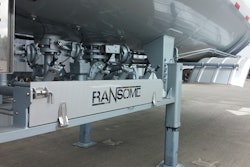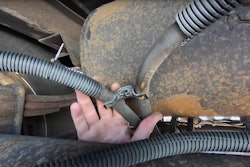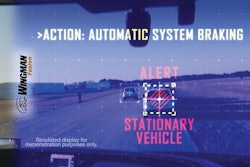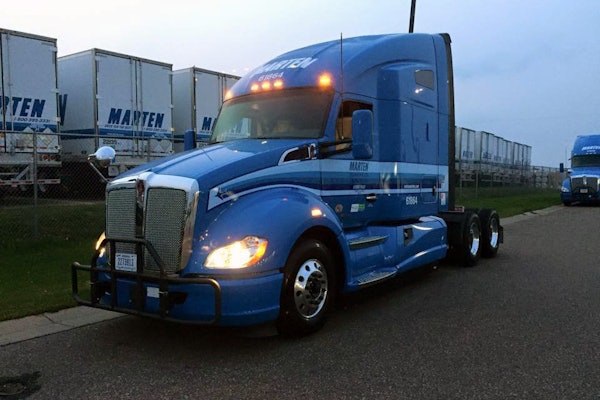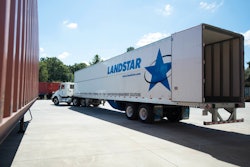The Federal Motor Carrier Safety Administration this week said it will consider petitions for waivers from its decisions to preempt California and Washington state’s Meal and Rest Break (MRB) rules, a move in effect opens a new door for CDL drivers who want the rules to apply to them, or for the states themselves, to challenge FMCSA's preemption determination.
ATA President and CEO Chris Spear, in a statement Aug. 11, voiced opposition to FMCSA calling for waiver requests, saying truck drivers should have a "singular, national standard of work rules."
California’s law requires employers to provide non-exempt employees a 30-minute meal break if they work more than 5 hours in a day, and employees who work a shift of 10 hours or more are entitled to a second 30-minute meal break. The rule also requires employers to provide rest periods for non-exempt employees who work three-and-a-half or more hours in a day. Employees are entitled to a 10-minute rest period for each 4 hours, or a substantial fraction thereof, that they work in a day.
In Washington, employers must provide employees a meal period of at least 30 minutes that starts after the second hour and before the fifth hour after the shift begins. Additionally, Washington’s MRB rules provide for a 10-minute rest period “for each four hours of working time” and must occur no later than the end of the third working hour.
David Heller, the Truckload Carrier Association's Senior Vice President of Safety and Government Affairs, said TCA too "opposes any effort to institute the California and Washington state meal and rest break laws and supports the implementation of the federal rules pertaining to meal and rest breaks."
The Teamsters union, however, applauded the department.
“FMCSA Administrator Robin Hutcheson is taking steps in the right direction by accepting applications for waiver petitions,” said Teamsters General President Sean M. O’Brien. “States should have the freedom to protect motorists and workers by implementing stronger meal and rest break requirements for professional drivers. This prevents tragedy – not just for commercial vehicle operators, but for everyone who uses our highways.”
Swift and U.S. Xpress, before they were under the same company umbrella, each won court cases against drivers claiming that the companies didn't provide the state-mandated breaks. Other carriers haven't been so lucky – small fleet AB Trucking, based near and serving the Oakland, California, port, lost a similarly focused case detailed at this link.
FMCSA asks that waiver requests address the following
- Whether and to what extent enforcement of a state’s meal and rest break laws with respect to intrastate CMV drivers has impacted the health and safety of drivers.
- Whether enforcement of state meal and rest break laws as applied to interstate CMV drivers will exacerbate the existing truck parking shortages and result in more trucks parking on the side of the road, whether any such effect will burden interstate commerce or create additional dangers to drivers and the public, and whether the applicant intends to take any actions to mitigate or address any such effect.
- Whether enforcement of a state’s meal and rest break laws as applied to interstate CMV drivers will dissuade carriers from operating in that state, whether any such effect will weaken the resiliency of the national supply chain, and whether the applicant intends to take any actions to mitigate or address any such effect.




